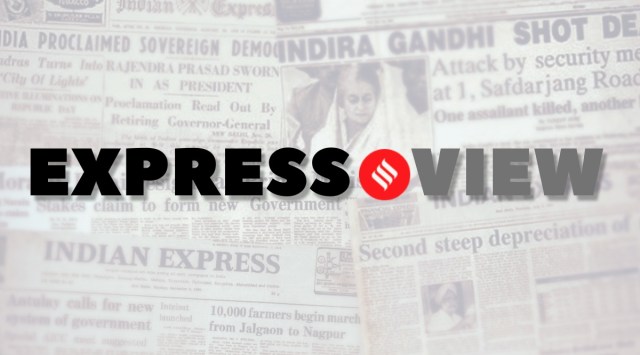
A second meeting in less than three months between Prime Minister Narendra Modi and US President Joe Biden — on the margins of the G-20 summit in Delhi — augurs well for intensifying the strategic partnership between the two countries. If the plans for a Quad summit around the Republic Day celebrations in January 2024 are an indication, Biden might be back in Delhi along with Australian Prime Minister Anthony Albanese and Japanese Prime Minister Fumio Kishida. Never before in the history of India’s relations with the United States has there been such an intense and sustained high-level political interaction between the two nations as is unfolding today. To be sure, both the Republicans and Democrats in Washington wooed India since the turn of the millennium and pushed ties on an upward trajectory. The Biden Administration, however, brought a scorching pace and ambitious purpose to the partnership within weeks of taking charge in Washington. It elevated the Quad to summit level and widened the scope of bilateral engagement. In Delhi, Modi nudged the Indian establishment to drop its “historic hesitations” in building productive relations with the US.
The results of the new and mutually reinforcing political will in Delhi and Washington saw the unveiling of an expansive agenda of strategic cooperation when Modi visited Washington in June this year. The deliberations covered bilateral, minilateral, and multilateral domains. There was a special focus on defence and advanced technology cooperation. Modi’s bilateral meeting with Biden on Friday will allow the two leaders to review the implementation of the agreements and push the two bureaucracies to get on with it. With India and the US headed into a new electoral cycle, time is of the essence in turning the expansive mutual commitments identified in Washington into concrete outcomes.
Beyond stock-taking, the talks between Modi and Biden must bring some specific issues into focus. One is to inject life into the moribund nuclear deal unveiled during 2005-08. The UPA government, which made heavy weather out of a hugely beneficial agreement, dropped the ball on the Nuclear Liability Act, whose self-defeating propositions prevented significant US and foreign investment in building new atomic power plants in India. Modi and Biden agree on the importance of nuclear power in mitigating the dangers of climate change. Delhi wants to revive its nuclear power programme, and Washington is eager to participate in its expansion. There is also the possibility that the two sides could collaborate in building a new generation of small and modular reactors in India and export them to other countries. To get there, though, Delhi must find a way to fix the problems with the Nuclear Liability Act. To inject new life into India’s atomic programme, Delhi must also consider privatising some elements of its civil nuclear programme. The results from the Modi government’s partial privatisation of the space programme and the defence sector have been encouraging. A similar approach in the atomic domain could allow India to reclaim its leadership of the global nuclear industry that it had ceded to South Korea and China.